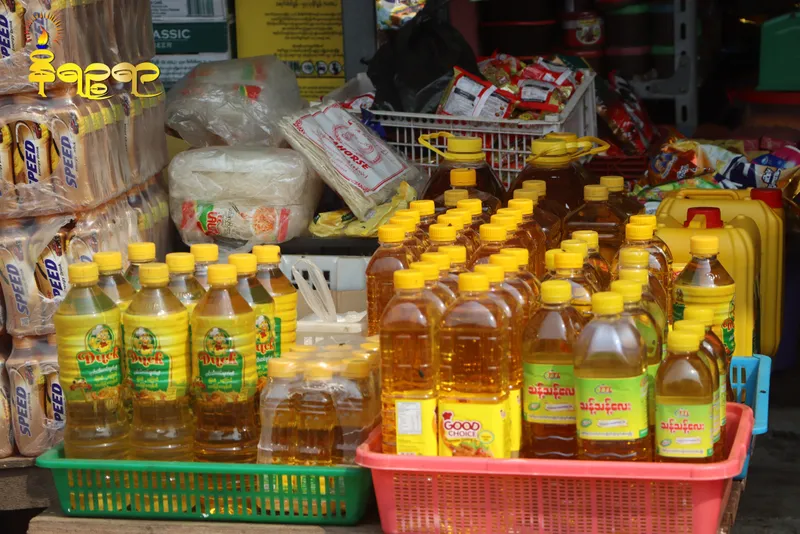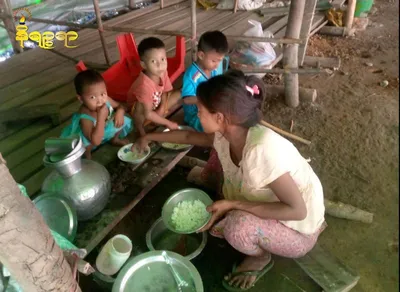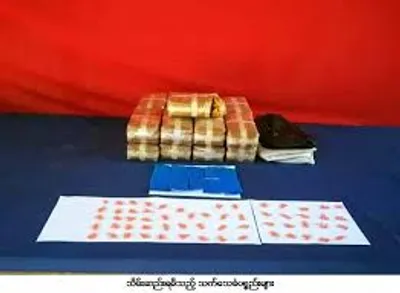- Web Master
- April 12, 2024
New currency note of Kyats 20000 may increase prices of essential commodities in Rakhine State
- By: Web Master
- | Date: 27 July 2023
- | Viewer: 11.1k
As the junta authorities have decided to introduce new currency notes of Kyats 20,000, the people apprehend that it will increase the prices of essential commodities in Rakhine State.
A bag of rice, which was only about Kyats 80,000 in Sittwe before the storm, now costs more than Kyats 100,000.
A viss (Myanmar specific weight unit) of onion was Kyats 1,700 before the Mocha and now it costs 3,000 kyats. Similarly, a viss of dried chilies was Kyats 12,000 before, but now it is Kyats 15,000. A viss of green chilies is now Kyats 8,000 which was Kyats 2,000 earlier.
U U Saw Naing from Kyauk Taw township of Rakhine State, which is close to southern Chin State, argues that due to the new banknotes to be issued by the military council, the value of Burmese currency notes will be decreased and then the prices of local goods will be increased which will impact on food supplies and other trading activities.
"The rising prices of these commodities may be due to the new currency notes as those will have a large amount. Every time a new currency note is issued in Myanmar, inflation takes place. So the price of commodities has increased. Since Kyats 20000 will be issued, the prices of commodities have already increased," he asserted.
A woman from Sittwe, the capital city of Rakhine State, said that since the Mocha hit Rakhine State, the prices of goods have increased.
"Prices have been going up since the cyclonic storm. It's still going on.” she added.
Another woman from Manaur Myain ward of Sittwe informed that a number of distance learning students from rural areas are staying in the State capital. Once the prices of goods increase, those students face difficulties,” she added.
A
resident of Buthidaung township revealed that the daily wage earners, who
earn only Kyats 10,000 per day, face
more difficulties in supportin
"It becomes very difficult to survive with the daily wages. If they earn around Kyats 10,000 to 12,000 per day, they have spent more than Kyats 20,000 every day,” he added.






.webp)
.webp)


.webp)
